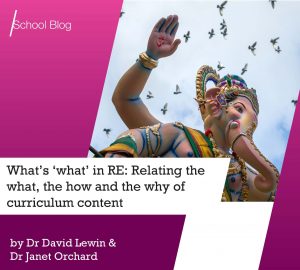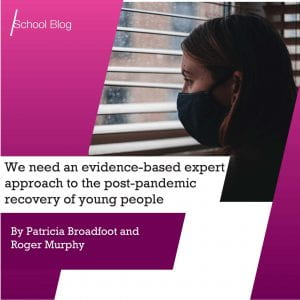Why academic evidence is urgently needed if we are serious about supporting children’s language development
By Dr Ioanna Bakopoulou, University of Bristol and Professor Liz Washbrook, University of Bristol
In the UK, it is currently estimated that 1.9 million children are behind with their talking and understanding of words (Speech and Language UK, 2023). This is the highest number ever recorded and marks an unprecedented increase – particularly prevalent in areas of social deprivation. In fact, the increase in speech, language and communication needs is so great that now meets the criteria to be considered a public health problem (Law et al., 2017). (more…)

 By
By  Blog post by
Blog post by 

